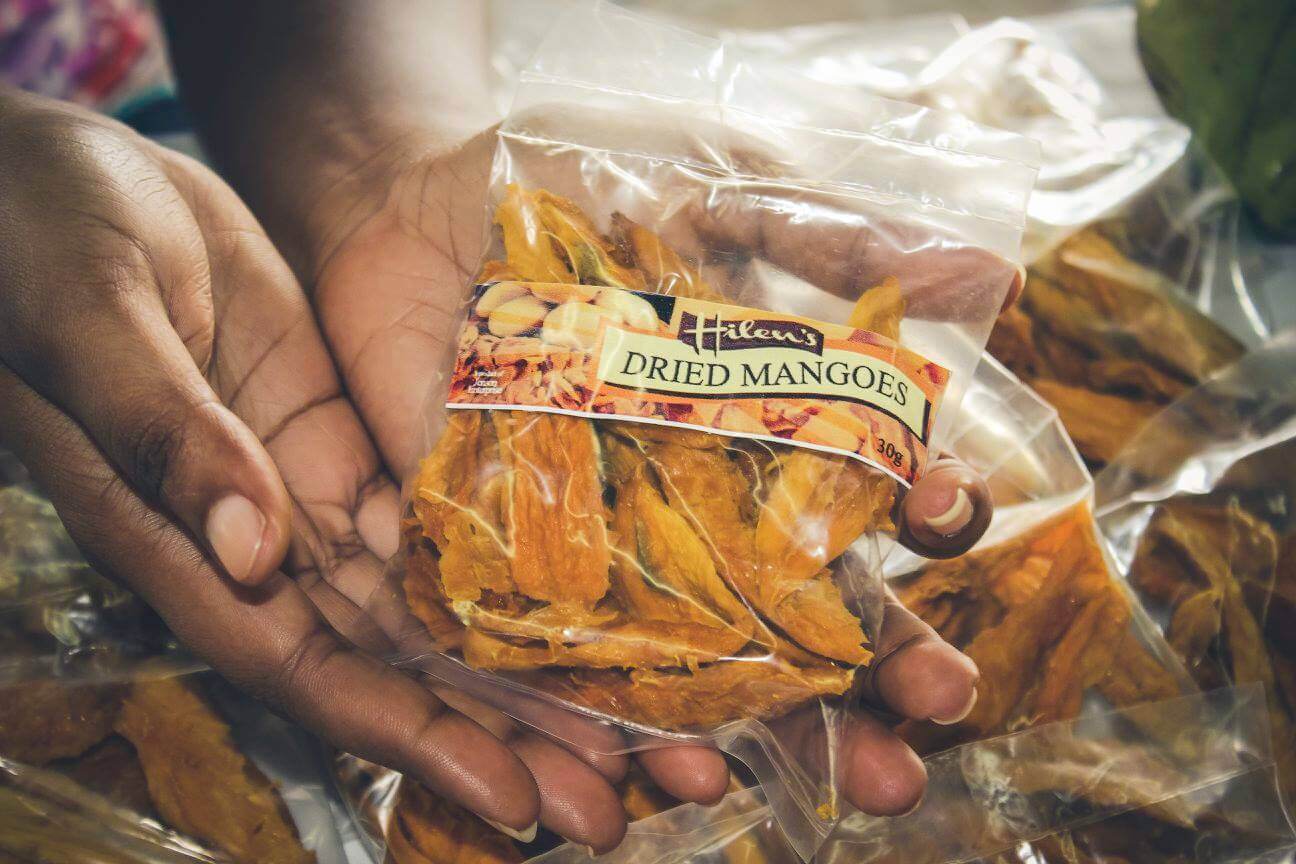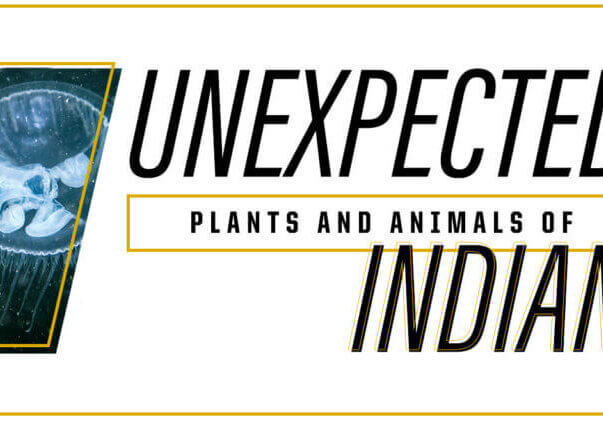P
urdue University’s International Programs in Agriculture (IPIA) and Purdue Extension are home to the USAID John Ogonowski and Doug Bereuter Farmer-to-Farmer (F2F) program implemented in Trinidad and Tobago (TT). The F2F TT program seeks to improve food and nutrition security through productivity, safety and profitability as well as growing the extension services. The United States Agency for International Development (USAID) funded program has implemented virtual assignments over the past year due to COVID-19. While different from the traditional in-person assignments, the virtual assignments have proven to be successful.

Most recently, Purdue Food Science Department’s Dharmendra Mishra and Amanda Deering, provided a training overview in value-added product development, product concept and kitchen/lab scale product, food safety for shelf-stable foods, and product marketing to the Network of Rural Women Producers in Trinidad and Tobago (NRWPTT). The NRWPTT is a national group promoting women’s issues and empowering women to enhance their economic and social well-being through agriculture and agro-processing.
“I greatly enjoyed working with the women who are food entrepreneurs in Trinidad and Tobago,” said Deering. “They asked great questions and are interested in producing safe, high-quality foods and products to sell in their local markets. We are excited to help these women to improve the foods that they are producing.”
Many of the NRWPTT members are involved in agro-processing and food and value-added product development. The members work with raw and semi-processed products such as mangoes, tamarind, cassava, peppers, citrus, papaya, yams, breads and sweet potatoes.
“The impact of this training was phenomenal for our members, especially of our youth members,” said NRWPTT President Gia Gaspard-Taylor. “They learned a lot and they are now eager to learn even more as they endeavor to grow and sustain their agro-processing food businesses.".
With the training overview from Deering and Mishra, the Rural Women’s Group is closer to producing products that are competitive, profitable, and sustainable.
“This was a great opportunity. These women entrepreneurs are an energetic group with a passion to create new products that could be commercialized,” said Mishra. “The discussions included the safe production of food products and the use of fruits in cosmetics production. I hope to see their products in the local markets.”
Purdue colleges collaborate in pursuing diversity opportunity
A Purdue team is seeking to increase diversity within the graduate programs in the colleges of agriculture, pharmacy and science by visiting University of Puerto Rico (UPR) campuses. Elizabeth Tran, professor of biochemistry, leads the project and a team that includes Mark C. Hall (Biochemistry), Andrea Kasinsky (Biology), Tony Hazbun (Medicinal Chemistry and Molecular Pharmacology), and graduate student Zulaida Soto Vargas (Biology).
Read Full Story >>>Unexpected Plants and Animals of Indiana: Freshwater Jellyfish
Simple and complex are antonyms, but not with jellyfish.
Jellyfish lack brains, bones, hearts and lungs. More than 95% of their bodies are water. Early scientists debated whether jellyfish were even animals, commonly labeling them “zoophytes,” intermediaries between animals and plants.
Jellyfish meet biology’s modern criteria for classification as animals, yet are not fish despite their name. Their lack of backbones makes them members of the phylum Cnidaria, which includes coral and sea anemones.
Read Full Story >>>Purdue appoints new consumer horticulture extension specialist
Karen Mitchell’s passion for plants and the environment permeates into every part of her life, professionally and personally.
“I always had an interest in the ecosystem, how things interact and how food is made. As a child, I would refer to my hamburgers as cow burgers because I thought you should recognize that it’s not made of ham or from a pig,” said Mitchell.
Purdue colleges collaborate in pursuing diversity opportunity
A Purdue team is seeking to increase diversity within the graduate programs in the colleges of agriculture, pharmacy and science by visiting University of Puerto Rico (UPR) campuses. Elizabeth Tran, professor of biochemistry, leads the project and a team that includes Mark C. Hall (Biochemistry), Andrea Kasinsky (Biology), Tony Hazbun (Medicinal Chemistry and Molecular Pharmacology), and graduate student Zulaida Soto Vargas (Biology).
Read Full Story >>>Unexpected Plants and Animals of Indiana: Freshwater Jellyfish
Simple and complex are antonyms, but not with jellyfish.
Jellyfish lack brains, bones, hearts and lungs. More than 95% of their bodies are water. Early scientists debated whether jellyfish were even animals, commonly labeling them “zoophytes,” intermediaries between animals and plants.
Jellyfish meet biology’s modern criteria for classification as animals, yet are not fish despite their name. Their lack of backbones makes them members of the phylum Cnidaria, which includes coral and sea anemones.
Read Full Story >>>Purdue appoints new consumer horticulture extension specialist
Karen Mitchell’s passion for plants and the environment permeates into every part of her life, professionally and personally.
“I always had an interest in the ecosystem, how things interact and how food is made. As a child, I would refer to my hamburgers as cow burgers because I thought you should recognize that it’s not made of ham or from a pig,” said Mitchell.


